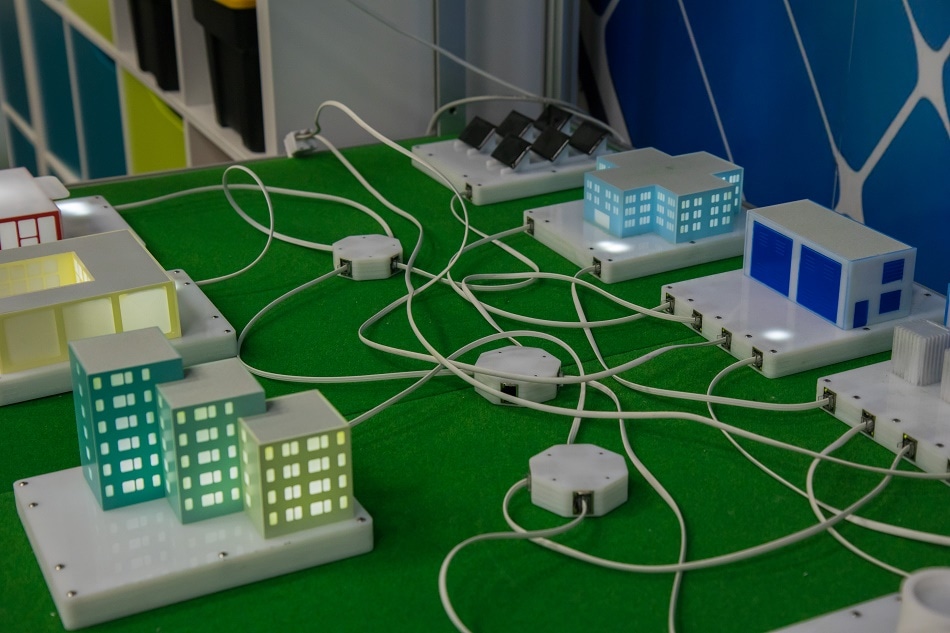Nanotechnology has already made a significant impact on various industries, including energy and environment. The unique properties of nanomaterials make them ideal for use in these sectors. Nanotechnology is being used to improve energy efficiency, reduce waste, and develop environmentally friendly products. Here are some of the ways in which nanotechnology is impacting the energy and environment sectors:
Solar Energy
One of the most promising applications of nanotechnology in the energy sector is in solar energy. Researchers are developing new materials that can capture and store solar energy more efficiently. Nanomaterials are being used to develop solar cells that are thinner, lighter, and more efficient than traditional solar cells. These new solar cells can be used in a range of applications, from powering homes to providing electricity to remote areas.
Energy Storage
Nanotechnology is also being used to develop better energy storage solutions. The current generation of batteries is limited in terms of their energy density, durability, and cost-effectiveness. Researchers are developing nanomaterials that can be used to make batteries that are smaller, more efficient, and longer-lasting. These nanomaterials can also be used to develop new types of batteries, such as sodium-ion batteries, which could be a viable alternative to lithium-ion batteries.
Water Purification
Nanotechnology is also being used to develop new and more efficient ways to purify water. Researchers are developing nanomaterials that can be used to remove pollutants from water. These materials can remove heavy metals, bacteria, viruses, and other contaminants. Nanotechnology is also being used to develop new membrane technologies that can filter out impurities from water more efficiently.
Air Purification
Nanotechnology is also being used to develop new air purification technologies. Researchers are developing nanomaterials that can remove pollutants from the air, such as nitrogen oxides, sulfur dioxide, and carbon monoxide. These materials can be used in air filters to purify indoor and outdoor air. Nanotechnology is also being used to develop new materials that can capture and store carbon dioxide, which could help to reduce greenhouse gas emissions.
In conclusion, nanotechnology has the potential to revolutionize the energy and environment sectors. The unique properties of nanomaterials make them ideal for use in these sectors. Nanotechnology is being used to improve energy efficiency, reduce waste, and develop environmentally friendly products. From solar energy to water purification, the applications of nanotechnology are vast and varied. With new materials and technologies being developed every day, we can only imagine what the future holds for nanotechnology in the energy and environment sectors.


